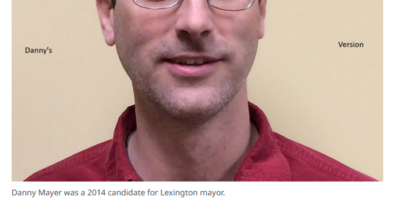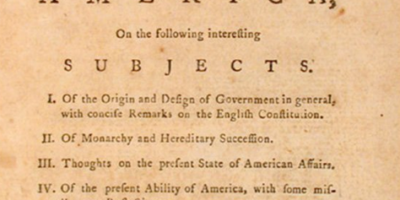By Billie Mallory
“Whereas recognition of the inherent dignity and of the equal and inalienable rights of all members of the human family is the foundation of freedom, justice and peace in the world.“
Preamble of the Universal Declaration of Human Rights
“Everyone has the right to a standard of living adequate for the health and well-being , including food, clothing, housing and medical care, necessary social services and the right to security in the event of unemployment, sickness, disability, widowhood, old age or other lack of livelihood in circumstances beyond his control.”
Article 25 of the Universal Declaration of Human Rights
Though these human rights laws were drafted and adopted by many world leaders of the United Nations, they are not only applicable to Third World and war-ravaged countries. They apply as well to our citizens of Lexington who may be experiencing homelessness or abject poverty, suffering from mental illness or chronic substance abuse, or cannot afford the basic necessities of life. Some—through no fault of their own except unemployment, divorce, domestic violence or other unexpected tragedy—may inadvertently lose their means of support and stable housing. Thus they become trapped in a downward spiral and are forced to living in a shelter, from their car or eventually to the streets.
Maybe you think you know the picture of homelessness from Phoenix Park, the Hope Center or the panhandling bum on the street, but the new “face of homelessness” includes the elderly, runaway teens, returning war veterans and families with children. Shall we put them all away or lock them up? Our shelters are overflowing, our social service programs cut to the bare minimum and we have even more strain on our limited resources by “dumping” from other counties/cities. Are we going to criminalize poverty by making it a public nuisance?
Writing in September of this year, longtime homeless advocate Paul Boden has noted the regressive tactics taken by many communities. “Many cities, large and small,” he observed, “have reacted to the upsurge of those living on the streets with restrictions and public nuisance ordinances to criminalize public activities, such as panhandling, eating or sleeping in public parks or other public spaces. Whether intentional or not, these laws are disenfranchising tens of thousands homeless people.”
Boden, who at the age of 16 also experienced what it was like to be homeless after the death of his mother left him with nowhere to sleep, paints a stark picture of how cities have chosen to engage these communities. “Instead of increasing treatment, social services and affordable housing options, we are shutting down such programs and building costly jails and prisons to house our mentally ill, addicted and poverty stricken people to get them out of sight. We deal with this public shame by trying to hide it rather than deal with it with effective treatment and programming, affordable housing options and social service support networks.”
Many of the issues Boden address are dramatically and bravely shared through personal stories of individuals that have experienced homelessness in the newly revised, multi-media play, “Please Don’t Call Me Homeless, I Don’t Call You Homed,” written and performed by the Street Voice Players and Catholic Action Center on October 11, 7:30 PM at the Kentucky Theatre (free to the public). This inspiring play has traveled throughout the state to Richmond, Georgetown, Frankfort and many other places. It is again being offered in Lexington to raise awareness of the many issues that accompany homelessness and to promote the upcoming Stand Down—Homeless Connection Resource Fair on October 20. The fair runs from 9-2 P.M. at Central Christian Church.
Contact Billie Mallory at 859-285-5211 for information on either event.




Leave a Reply